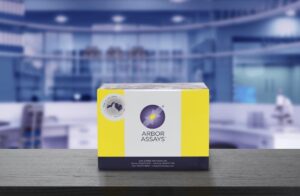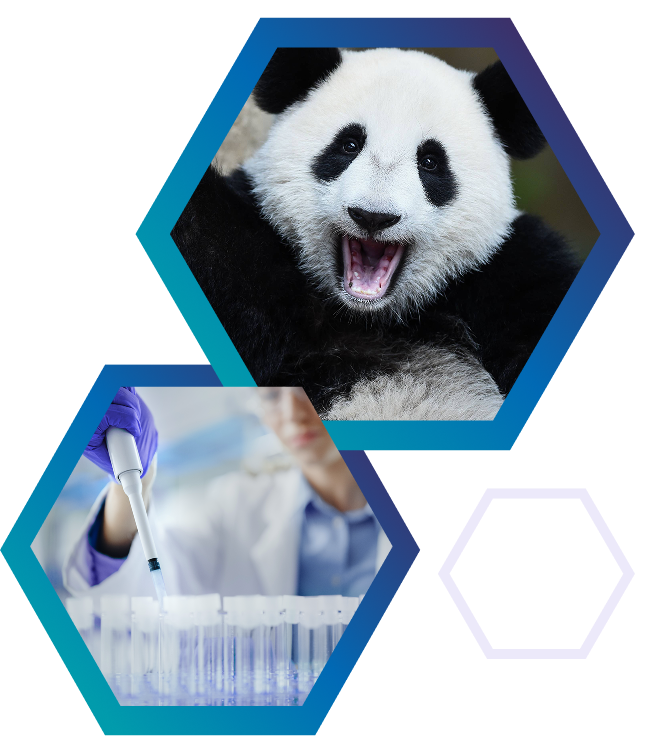L-Cysteine Monoclonal Antibody
Personal Touch
Here to Help.
Ready to Ship
Most kits in stock.
Easy to Use
Simple protocols.
- Versatile Western blotting, Immunoassay and Immunoprecipitation
- Pure Supplied in PBS with no carrier protein
- Stability 4°C short-term, Aliquot and Freeze -20°C long-term
Among several postranslational modifications known to date, cysteinylation has received relatively very little interest. Cysteinylation has been implicated in the regulation of immunity, protein kinase C activity and as a marker for utero-placental insufficiency as monitored by serum albumin cysteinylation. Protein S-thiolation by low molecular weight (LMW) thiols prevents the irreversible oxidation of cysteine residues during oxidative stress and plays a role in the redox regulation of thiol-containing proteins. Many Gram-positive bacteria lack glutathione and so the nature of S-thiolation in these organisms remains elusive. In the Gram-positive model organism Bacillus subtilis, cysteine represents the most abundant LMW thiol. One of the most obvious responses of B. subtilis to oxidative stress is the strong induction of cysteine biosynthesis genes. Although the origins of this effect are unclear, it may be a reflection of consumption of free cysteine by oxidation to cystine and the formation of mixed disulfides with proteins.


